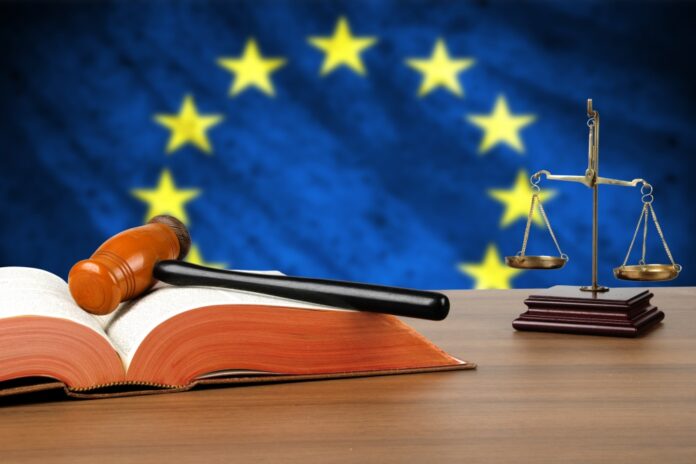Apple concerned for the vulnerable, Google about choice
The EU’s the Digital Markets Act (DMA) against the monopolistic and anti-competitive big tech torwächters might be developing some teeth, according to Telecom TV. The DMA legislates for smaller, rival companies to be able to list their apps in the stores of an Apple or a Google and not experience an obstacle strewn uphill struggle when they try to compete. The FAANG acronym for the most prominent American technology stock was popularised by CNBC’s Mad Money host Jim Cramer in celebration of the hegemony – or hedge money, as he would pronounce it – of Facebook, Amazon, Apple, Netflix and Google. It is alleged they use their ‘total dominance’ to act as gatekeepers to competition.
The Bureau Européen des Unions de Consommateurs (BEUC), AKA the European Office of Consumers Unions, was founded 60 years ago as the overarching consumer voice of Europe. It says it both represents its members and defends the interests of consumers in the decision-making processes of the Institutions of the European Union. It calls the new DMA legislation a landmark law for the EU’s digital transformation. “This legislation will rebalance digital markets, increase consumer choice and put an end to many of the worst practices that big tech has engaged in over the years,” said a BEUC press release.
“Well, maybe, to some extent and only eventually,” said TelecomTV, which described the legislative process as “leisurely”. The Digital Markets Act now is now trundling into a six-month long implementation phase and only after that expires will aspects of it become legislatively operable, on 2 May 2023. However, the more advanced features, such as audio and video calling between individuals or groups of end users on different technology platforms, do not have to be implemented before 2026 at the earliest. “Meanwhile, the big tech companies continue to mount rearguard actions designed to at least slow, if not altogether stop, some aspects of the legislation in its lumbering tracks,” said TelecomTV.
The DMA does not, as yet, identify the gatekeepers to which the new law will apply. However, it is evident which companies expect to be on the list because they are self-identifying to get their retaliation in first. Apple said it was concerned about the vulnerable. “Some provisions of the DMA will create unnecessary privacy and security vulnerabilities for our users,” it said. Google adds that while it supports many of the DMA’s ambitions around consumer choice and interoperability, it is worried. “Some of these rules could reduce innovation and the choice available to Europeans,” it claimed.
The EU will name the target companies by 6 September next year, but the current criteria to be included on the list includes financial size, numbers of users and having an “entrenched and durable” position in the market. Gatekeepers that fail to comply with the requirements of the DMA will face a financial penalty of 10% of their annual worldwide turnover for the first offence and up to 20% for subsequent offences. “No wonder the big tech firms are concerned,” said TelecomTV.


